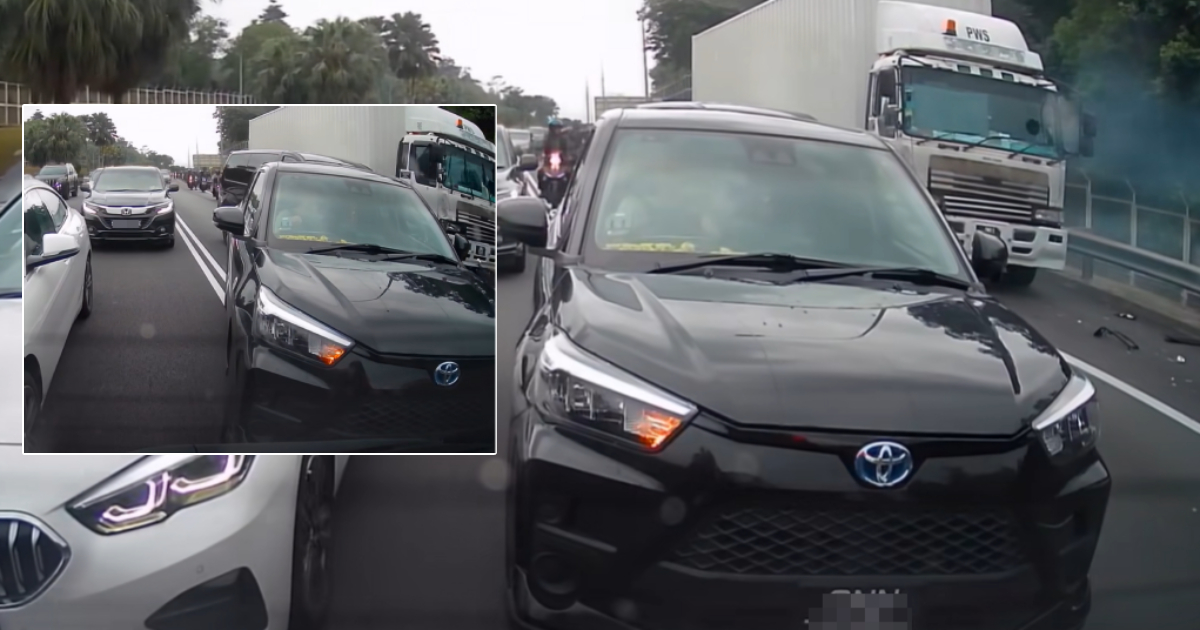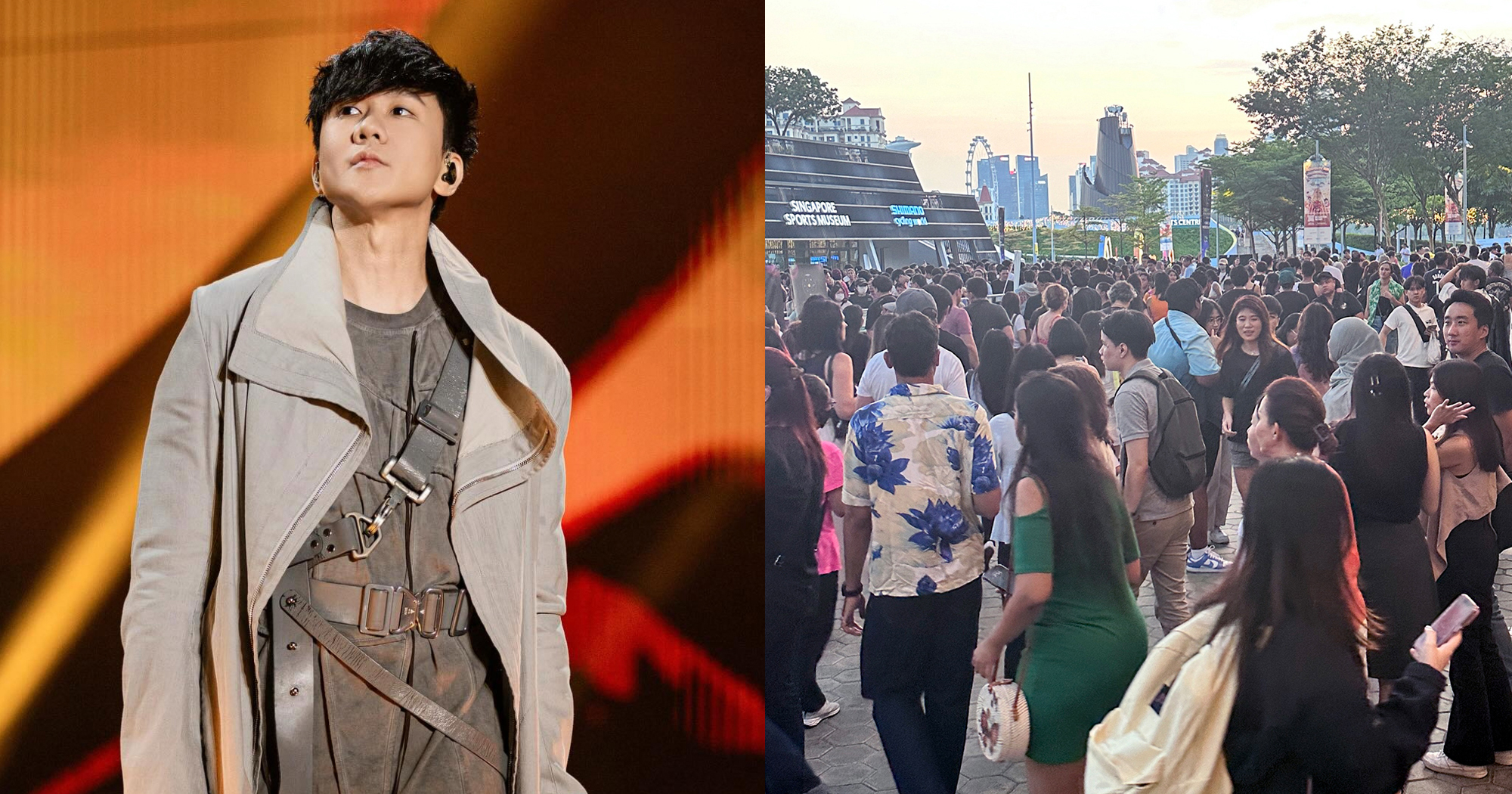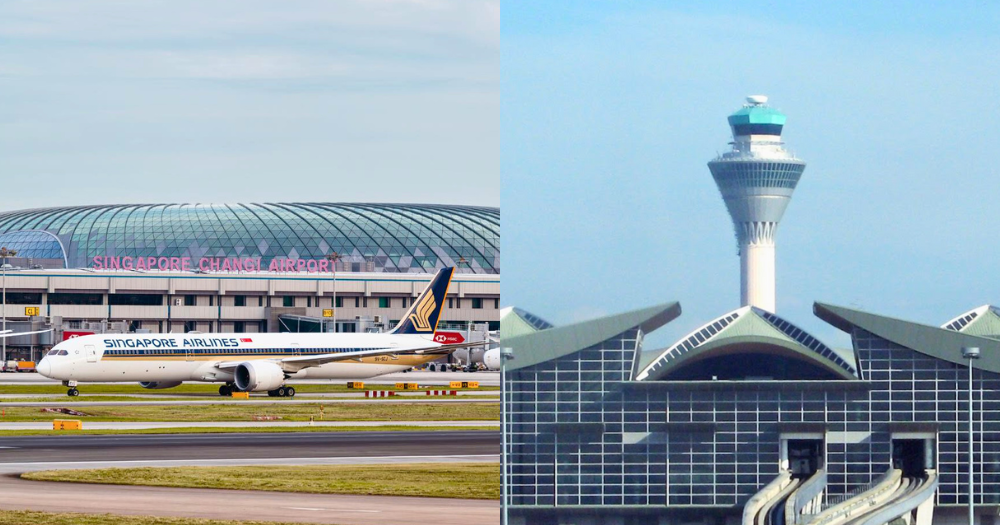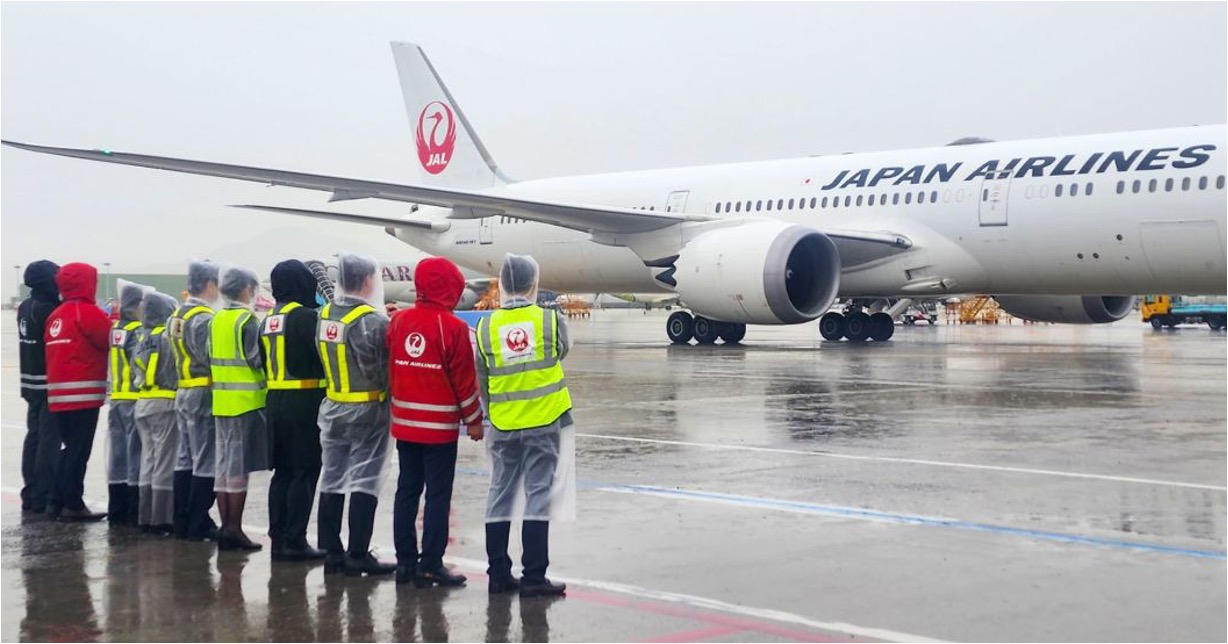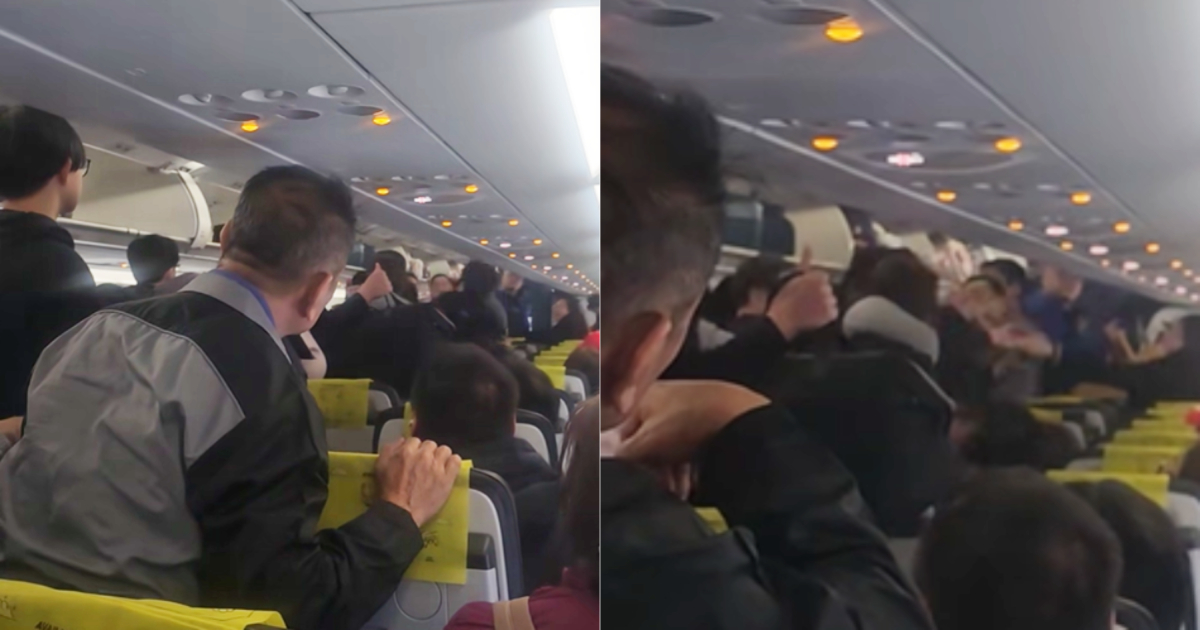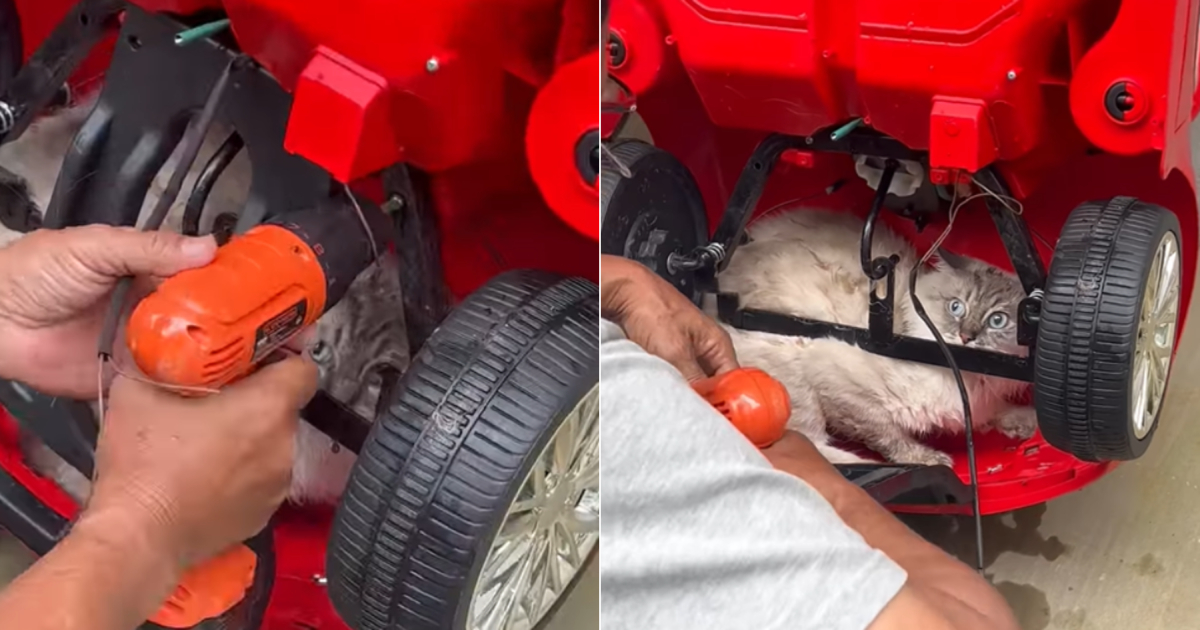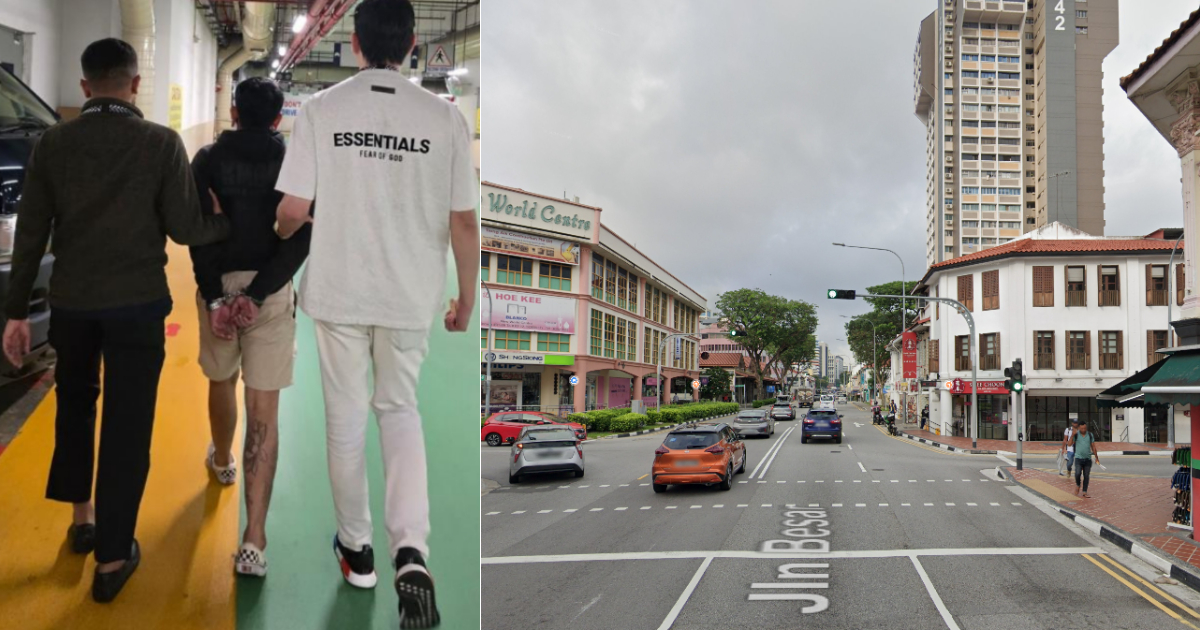South Korea opposition moves to impeach acting president over court appointments for president's impeachment trial
For the impeachment to succeed, 151 of 300 parliamentarians must vote for it.
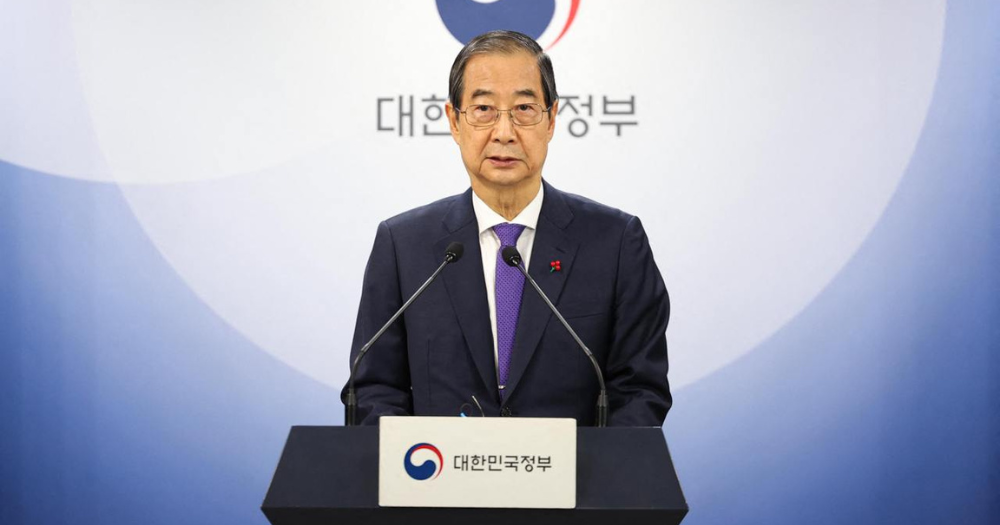
South Korea's main opposition party, the Democratic Party (DP), has filed a motion to impeach the country's acting President and acting leader, Han Duck-soo.
Han, who is from the ruling People Power Party, took on the role of acting president after President Yoon Suk Yeol was impeached on Dec. 14, 2024, after declaring a surprise order for martial law for six hours on Dec. 3.
What comes after impeachment?
However, despite his impeachment, Yoon has not been removed from his post.
In South Korea, after a successful impeachment vote, the constitutional court has 180 days to rule on whether Yoon should be removed from office, or whether to reject the impeachment and restore his powers.
If Yoon is removed, another presidential election must be held within 60 days.
There are usually nine justices on the constitutional court, however at the moment, only six justices are serving.
This poses a challenge for a successful removal of Yoon, as a ruling to remove him from office needs support from six justices.
As there are only six of them at the moment, this means just one dissenting voice would be enough to allow Yoon to remain in power.
And for such a politically important decision, the court would be reluctant to render a judgement without a full bench of justices.
Why is the opposition doing this?
The opposition party therefore moved to impeach Han due to his refusal to appoint three justices to complete the constitutional court's nine-member bench, reported Korean news agency Yonhap.
The justices were nominated by the National Assembly (equivalent to Singapore's Parliament). At the moment, the opposition party has a majority of the members in the assembly, not the party of Yoon and Han.
Han also refused to review two opposition-sponsored bills that called for investigations into the declaration of martial law and alleged corruption by First Lady Kim Keon Hee, according to the BBC.
DP's party leader Park Chan Dae coined Han's actions as "prolonging the insurrection, adding that Han is "is neither qualified nor willing to defend the constitution."
Why is Han refusing to appoint new justices?
Explaining his refusal to appoint the justices in a national address on Dec. 26, Han said that he will not appoint them until rival parties can "reach a consensus".
"It is the consistent spirit of our Constitution and laws that the acting president refrain from exercising the vital and exclusive authority of the president, including appointments to constitutional institutions," said Han, according to Yonhap.
He added that both the ruling and opposition parties needed to first "reach an agreement" about the use of his powers as acting president to appoint justices, and would "defer" the appointment until both had reached an agreement.
"Once the ruling and opposition parties submit an agreed-upon measure, I will immediately appoint the Constitutional Court justices."
Impeachment vote likely to occur on Dec. 27
By law, an impeachment motion must be put to a vote between 24 to 72 hours after a motion has been filed.
Hence, the vote to impeach Han is likely to take place during a plenary session on Dec. 27.
For the impeachment of Han to succeed, 151 of 300 votes must be cast in favour for it, reported BBC.
Related stories
Top image from Yonhap
MORE STORIES









